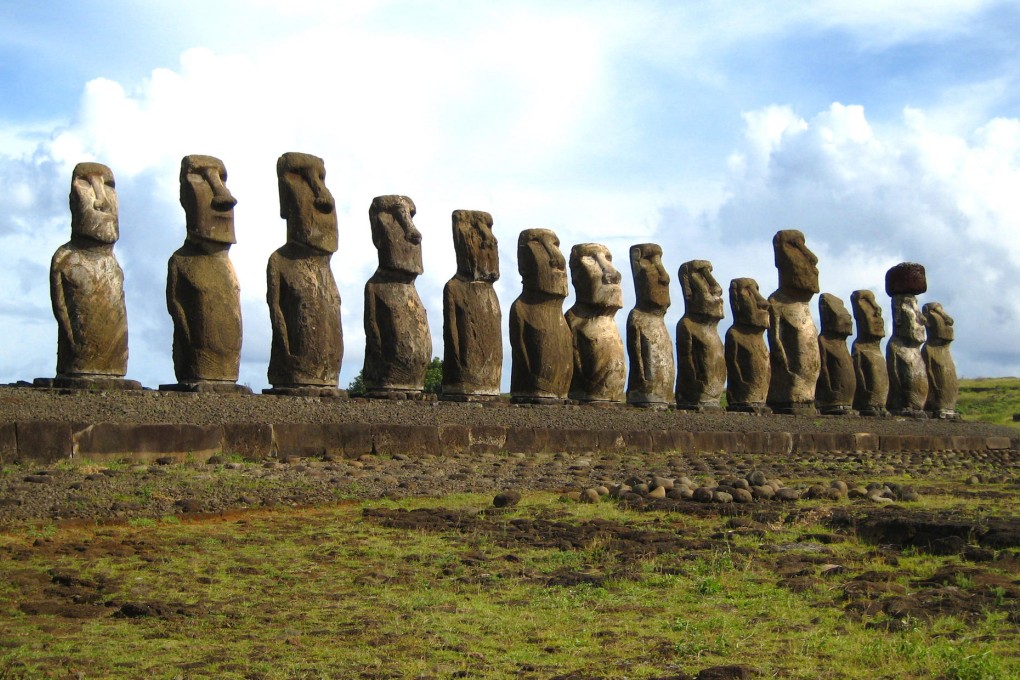Debate continues to rage over how much of a population the earth can sustain
Experts have different views on how much of a population rise the earth can sustain, but many believe the crunch is approaching

After I sent my US biologist friend Dr James Lazell a recent column on global warming, he also suggested I write about human overpopulation. This seems a thornier issue for conservation than even climate change, as debates can feature religion, racism, eugenics and genocide.

"Great!!" Lazell replied on learning I would indeed cover overpopulation. "Remember my favourite stat: Americans are 320 million people and consume 40 per cent of all annually available resources. 320 is to 40 as X is to 100 ... Fewer than one billion people can live on earth at the American standard of living ... Overpopulation is the Mother of All our Problems; all-out-War will come..."
Yikes, you might think. That wasn't the feel-good banter I hope for in a Sunday column.
Yet Lazell is far from the only person to make doom-laden warnings about humanity's burgeoning numbers. One of the best known was English clergyman and scholar Thomas Robert Malthus, who in 1798 published An Essay on the Principle of Population, with pronouncements including: "The power of population is so superior to the power of the earth to produce subsistence for man, that premature death must in some shape or other visit the human race."
More recently, in 1968, The Population Bomb by Stanford University professor Paul Ehrlich and wife Anna warned of massive famines during the 1970s.
These dire predictions have so far proven wrong, with the human population more than tripling from around a billion in 1798 to over 3.5 billion as The Population Bomb appeared, and more than doubling in the years since, to reach seven billion and growing today.